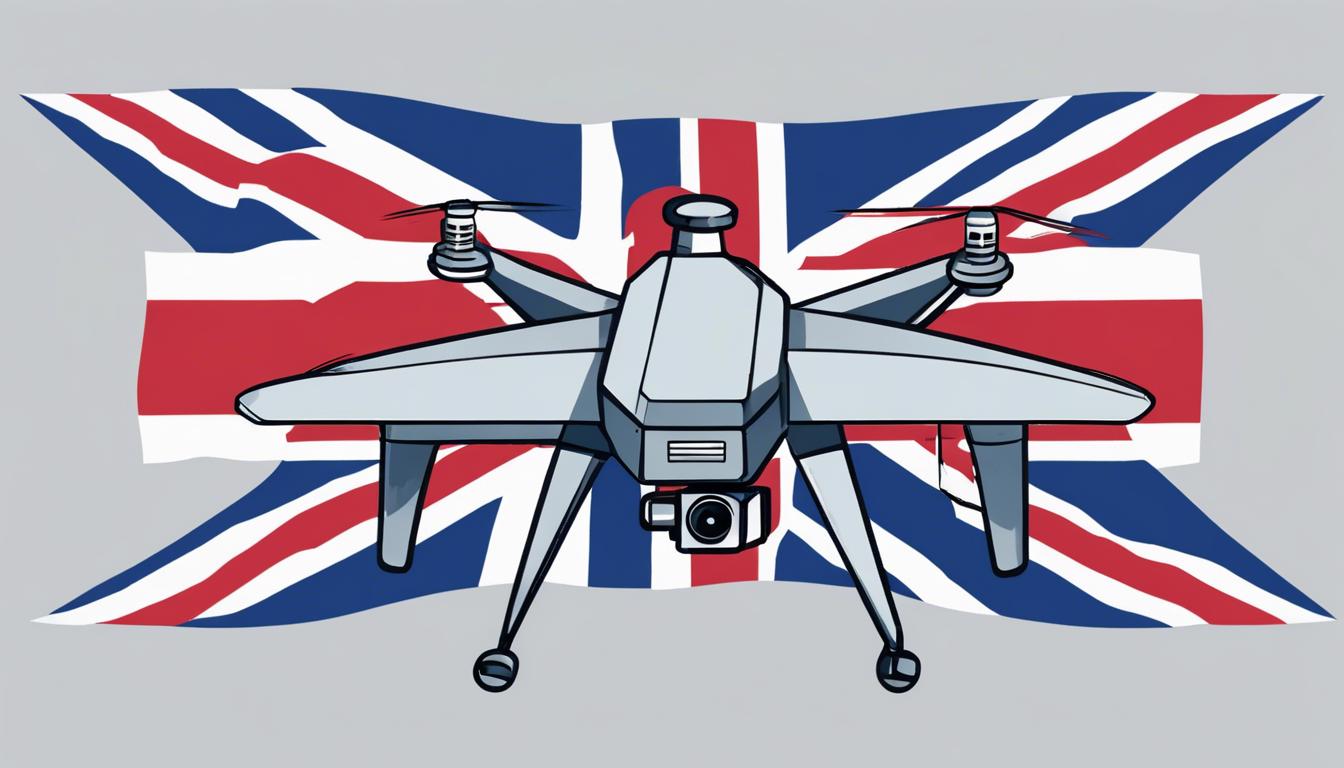The deaths of seven aid workers in Gaza, caused by a strike from an Israeli drone with a British-made engine, have led to international criticism and demands for the UK to cease arms transfers to Israel.
A recent airstrike in Gaza, which resulted in the deaths of seven aid workers, including three Britons, has drawn significant international attention and criticism. The strike, targeting a convoy from the World Central Kitchen charity, was reportedly conducted by an Israeli drone powered by a British-made engine. This discovery has prompted accusations against the UK of complicity in the attack and fueled a growing chorus of demands for the British government to suspend arms transfers to Israel. High-profile figures, such as Sir Alan Duncan, have publicly condemned the attack, marking a potential turning point for Israel’s reputation on the global stage.
In the wake of the tragedy, there has been a renewed focus on the UK’s arms exports policies, especially concerning their contributions to the operational capabilities of foreign militaries. The Campaign Against Arms Trade has specifically accused the UK of complicity in the deaths of the aid workers, stressing the need for a halt in arms sales to Israel. The Israeli government has pledged an independent inquiry into the strike, though this has done little to quell the demands for policy reassessment.
In a related development, Israeli intelligence sources have recently revealed the use of an AI-powered system named ‘Lavender’ in the Gaza conflict, which identified 37,000 potential Hamas targets. This system, boasting a target-identification accuracy of 90%, permitted civilian casualties in its operational directives to counter militants, marking a significant shift in the engagement strategies of the Israeli Defence Forces (IDF). Such revelations have sparked intense legal and moral debates, especially concerning the system’s threshold for acceptable civilian casualties in its targeting processes.
These incidents collectively spotlight the evolving nature of military technology and engagement strategies, as well as the complex web of international arms trade relationships. With the IDF’s use of AI in warfare and the implications of British-made components in lethal operations coming under scrutiny, calls for accountability, and a reevaluation of military and trade ethics are growing louder on the world stage.













